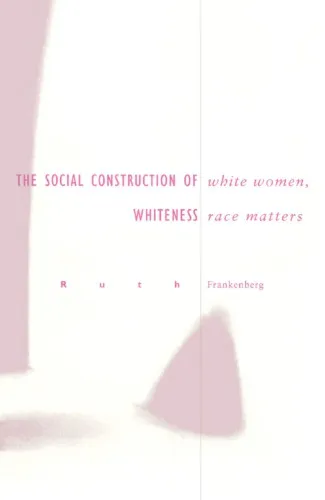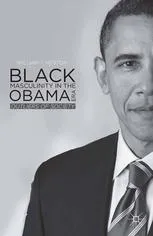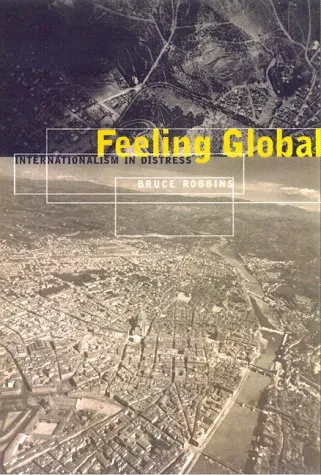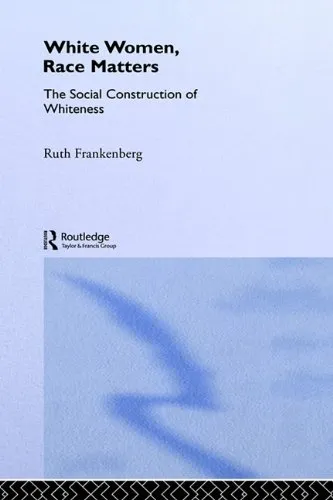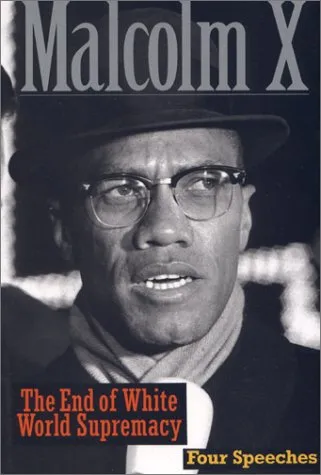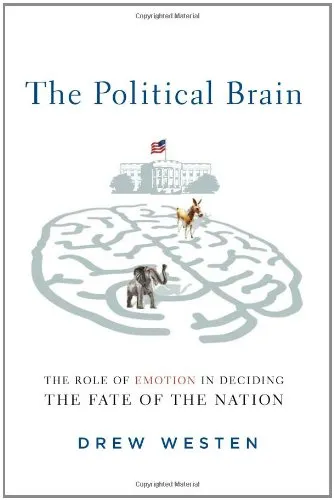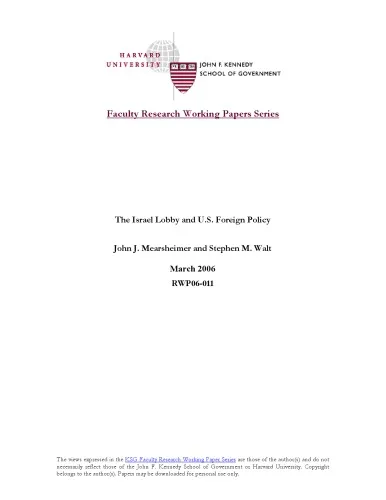White Women, Race Matters: The Social Construction of Whiteness
4.5
Reviews from our users

You Can Ask your questions from this book's AI after Login
Each download or ask from book AI costs 2 points. To earn more free points, please visit the Points Guide Page and complete some valuable actions.Related Refrences:
Introduction to 'White Women, Race Matters: The Social Construction of Whiteness'
Ruth Frankenberg’s seminal work, 'White Women, Race Matters: The Social Construction of Whiteness', is a critical exploration of how whiteness is socially constructed and maintained through lived experiences, privileged positions, and societal structures. First published in 1993, this groundbreaking book delves into the intersections of race, gender, and class, while exposing how whiteness is invisible to those who benefit from it and devastatingly present to those marginalized by it. By centering the voices of white women, Frankenberg unpacks the ways in which racial thinking and structural inequalities manifest in everyday life, relationships, and broader cultural norms.
Based on in-depth interviews conducted with white women from various social and economic backgrounds, the book presents a nuanced examination of whiteness as both a social location and a deeply ingrained ideology. It illuminates the ways white women conceptualize race, how their perspectives on race shape their lives, and how their lived experiences reinforce or challenge racial inequalities. Frankenberg’s work has been heralded as essential reading in the fields of critical race theory, sociology, and women’s studies, as it challenges readers to critically interrogate race and the privileges associated with whiteness.
Detailed Summary of the Book
At its core, 'White Women, Race Matters' is organized around the concept of whiteness as a construction—something created rather than inherent. Frankenberg begins by exploring the historical and cultural contexts that have shaped whiteness in the United States, noting its connections to colonialism, slavery, and systemic racism. She then introduces her research methodology, wherein she conducted extensive interviews to understand how white women think about race and perceive their own racial identities.
The book is divided into distinct sections, each addressing key themes that arise from these interviews. First, Frankenberg discusses “race cognizance,” where some white women expressed a heightened awareness of systemic racism and their complicity in it. Other chapters focus on white women’s “colorblind” attitudes, their conceptualizations of privilege, and their struggles to reconcile their feminist values with racial inequities. Frankenberg also explores the intersections of class and sexuality within these conversations, demonstrating how intersecting identities influence perceptions of whiteness.
Finally, Frankenberg analyzes how whiteness operates as a pervasive cultural force. Rather than treating whiteness as a neutral or invisible identity, she highlights how whiteness creates boundaries, structures social systems, and perpetuates inequality. The book concludes by offering pathways for reconstructing racial identities to challenge white privilege and foster racial justice. This integrative approach makes the book a pivotal resource in understanding and addressing systemic racism.
Key Takeaways
- Whiteness is not an inherent quality but a socially constructed identity based on historical, cultural, and systemic factors.
- Many white women struggle to recognize the privileges associated with their racial identity due to pervasive colorblind ideologies.
- Race is deeply intertwined with other social markers like gender, class, and sexuality, influencing one’s worldview and lived experiences.
- Recognizing and interrogating whiteness is necessary for dismantling systemic racism and building equitable societies.
- Social transformation requires both individual and collective efforts to move beyond passive acknowledgment of privilege towards active anti-racist practices.
Famous Quotes from the Book
"Whiteness is a location of structural advantage, of race privilege. Second, it is a ‘standpoint,’ a place from which white people look at ourselves, at others, and at society. Third, ‘whiteness’ refers to a set of cultural practices that are usually unmarked and unnamed."
"To speak of whiteness is, I think, to assign everyone a place in the relations of racism."
"The power of whiteness as an ideological object lies in part in its ability to remain unexamined, even as it impacts everyday life."
Why This Book Matters
'White Women, Race Matters' remains a crucial text in contemporary discussions about race and privilege. Its unique focus on how white women navigate and perpetuate systemic racism challenges simplistic narratives about race and gender, offering a more comprehensive understanding of how power operates within society. By tackling the “invisibility” of whiteness, the book provides vital tools for self-reflection and action, particularly for those who aim to work in solidarity with communities of color.
In today’s world, where racial disparities continue to impact every facet of life, Frankenberg’s work serves as a call to action. It invites readers to confront uncomfortable truths, move beyond defensiveness, and engage in the transformative work of racial justice. Whether you’re a student of sociology, a scholar of race and gender studies, or someone invested in dismantling systemic inequities, this book offers both a lens for understanding and a framework for change.
The lasting legacy of Frankenberg’s work lies in its challenge to white privilege as an unexamined norm, urging all of us toward self-awareness, accountability, and a commitment to equitable futures.
Free Direct Download
You Can Download this book after Login
Accessing books through legal platforms and public libraries not only supports the rights of authors and publishers but also contributes to the sustainability of reading culture. Before downloading, please take a moment to consider these options.
Find this book on other platforms:
WorldCat helps you find books in libraries worldwide.
See ratings, reviews, and discussions on Goodreads.
Find and buy rare or used books on AbeBooks.
1527
بازدید4.5
امتیاز0
نظر98%
رضایتReviews:
4.5
Based on 0 users review
Questions & Answers
Ask questions about this book or help others by answering
No questions yet. Be the first to ask!
